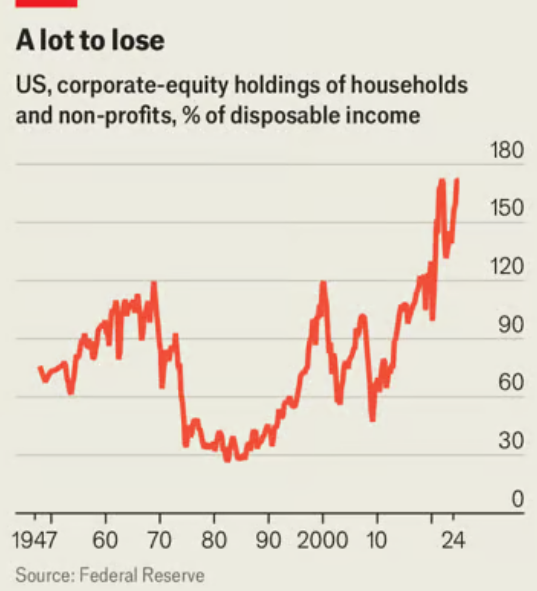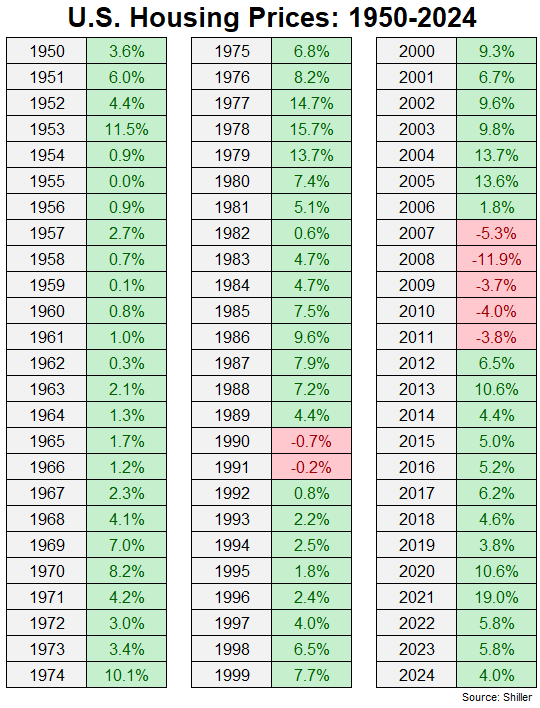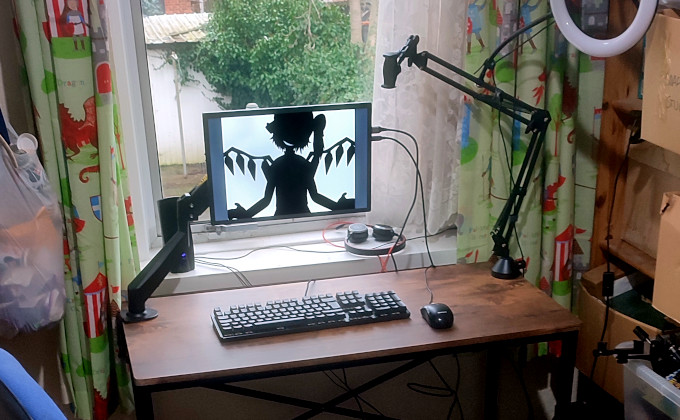Just a few years after dipping their toes into the world of work, 4 in 10 Gen Zers are ready to quit and survive on unemployment benefits instead
Many Gen Z workers are already over the nine-to-five grind of work. A PwC report warns that the huge pool of unemployed young people—or NEETs—is about the get bigger.

- Many Gen Zers want to give up their careers before they’ve even really started. A PwC report warns that the huge pool of unemployed young people—or NEETs—is about the get bigger, with mental health struggles to blame.
After dipping their toes into the working world and spending a handful of years on the job, many Gen Zers are ready to ditch climbing the ladder in favor of staying home and living off unemployment benefits. At least, that's according to a new PwC report.
The Big Four accountancy firm's latest study warns that almost four in 10 young workers are considering exactly that, adding that 18 to 24 year olds are in danger of permanently drifting out of the jobs market.
In comparison, just 10% of the general working population are actively planning on quitting their jobs for good.
But it’s not long commutes or “laziness” that is making Gen Z want to toss the towel in on their careers before they’ve even really started. PwC's Turning the tide on economic inactivity report points to mental health as the “major driver” behind the trend.
In America, Gen Zers struggling with their mental health have seemingly given up on climbing the greasy pole even earlier—professors teaching the generation say they're more anxious than millennials and have given up on the American Dream before even leaving school.
They’re about to become ‘NEETs’
While PWC looked specifically at the U.K. labor market, recent research shows a similar phenomenon in the global workforce.
Indeed, the new study arrives as the number of Gen Z NEETs—that is, not in employment, education, or training—is soaring worldwide, with millions of young workers economically inactive.
In the U.S., this translates to an estimated 4.3 million young people not in school or work. Meanwhile, in the U.K. the situation is also only getting worse, with the number of NEET young people rising by over 100,000 in the last year alone.
Experts have pointed to “worthless degrees”, AI, and inflation as the reasons young people are frozen out of the job market.
However, extensive research from the British government shows that actually young people with mental health conditions are 4.7 times more likely to be economically inactive than their cohort.
And PwC’s findings highlight that Gen Z’s declining mental health is the top reason the NEETs toll is about to get bigger.
But the warning signs were long there: At the start of last year, separate research highlighted that young workers in Britain were missing the equivalent of a day’s work every week due to mental health struggles like depression, burnout, and anxiety. Another study soon after revealed that the youngest generation of workers were more likely to call in sick than Gen Xers who are 20 years their senior, bucking historic wellness trends.
Yet unemployment benefits are hardly a free ride either. Although a single person living outside of London can earn up to £1,229.42 a month (about $1,590) on benefits—compared to the average monthly U.K. salary of around £2,500—one unemployed Gen Z grad warned that most people aren't eligible for the maximum amount and claiming it demands a huge amount of administrative work.
For the £400 a month ($497) the government pays Joshy B, he has to meticulously track every job-hunting effort to be eligible. “It’s a full-time job trying to claim benefits, with none of the positives,” the 27-year-old added.
Employers are ignorant to Gen Z’s mental health struggles
Sadly, but perhaps unsurprisingly, young workers’ mental health has been declining over time.
The majority of the 4,000 people PwC interviewed (51%) described their decision to quit as gradual, with more than half saying they mulled over the decision for some months before actually pulling the plug.
And although in theory this gives managers time to intervene, many young workers don’t feel supported enough by their employer to speak out before quitting.
“I never spoke to my employer about [my mental health] until it was too late. If I’d spoken to them, they may have been able to support me,” a 23-year-old male from Northern Ireland revealed in the report.
He’s not alone. Almost half (42%) of those who have left the world of work say they did not speak to anyone for support, according to the report.
It perhaps explains why employers are ignorant to the issue: One-in-five said the first time they realized someone was going to leave was when the person handed in their notice.
But even if workers did speak up, many employers wouldn’t be able (or willing) to adjust to their needs anyway.
When PwC asked workers who quit what could have retained them, they overwhelmingly responded with increased mental health awareness and support like greater flexible working options. Yet, at the same time, employers list expectations for flexibility and the need to accommodate mental health needs among the “main obstacles” stopping them hiring someone who has been out of work.
This story was originally featured on Fortune.com









































































































































































